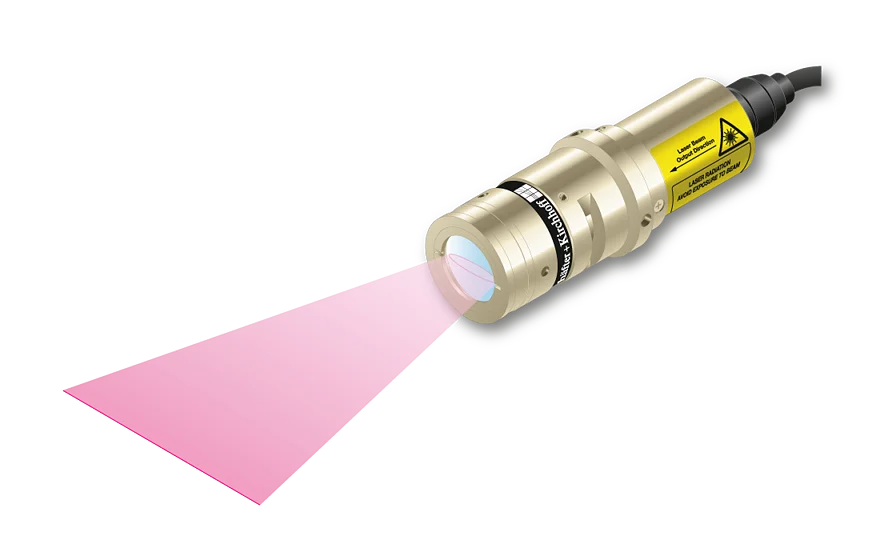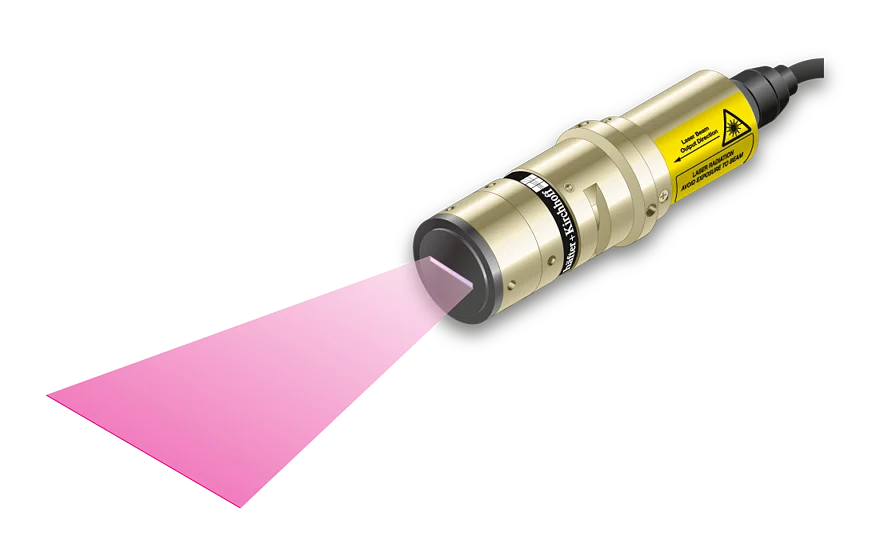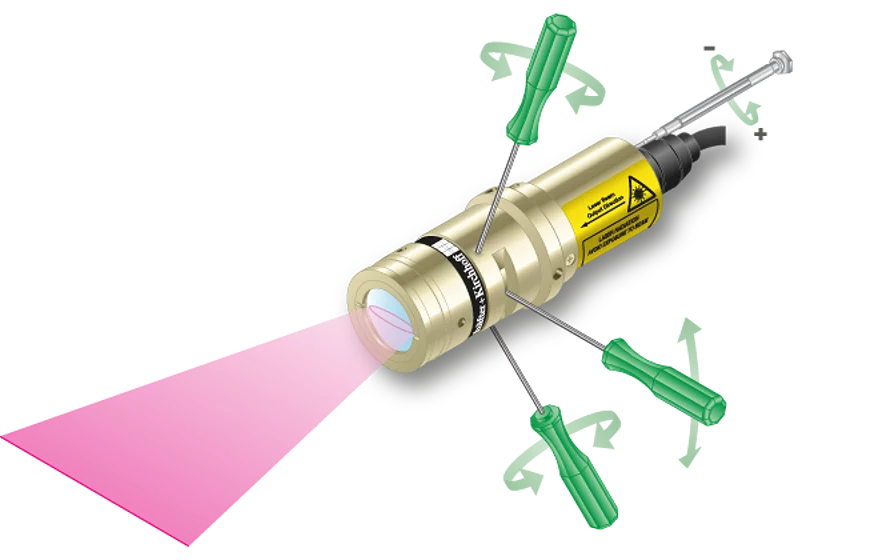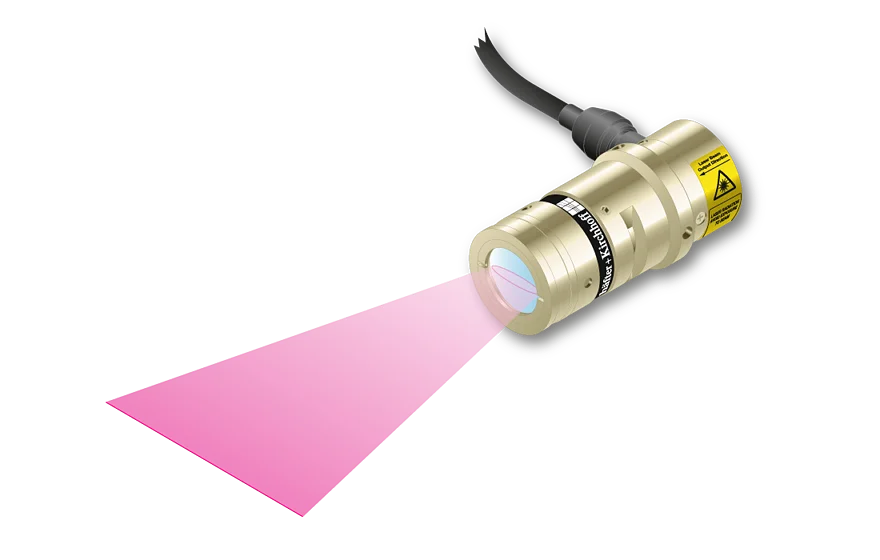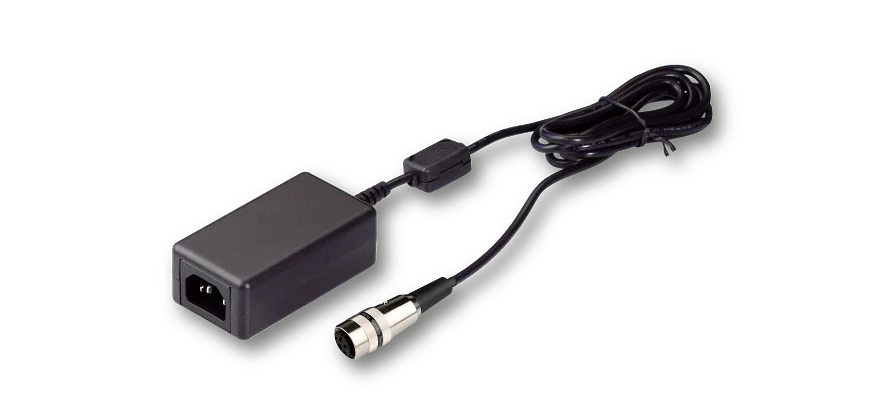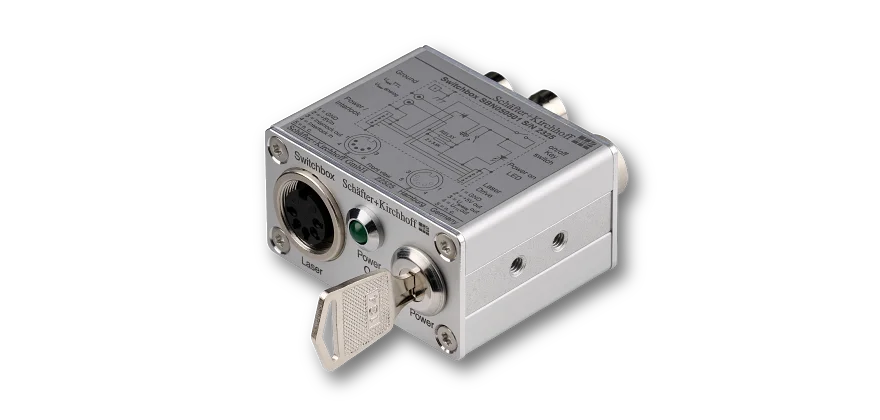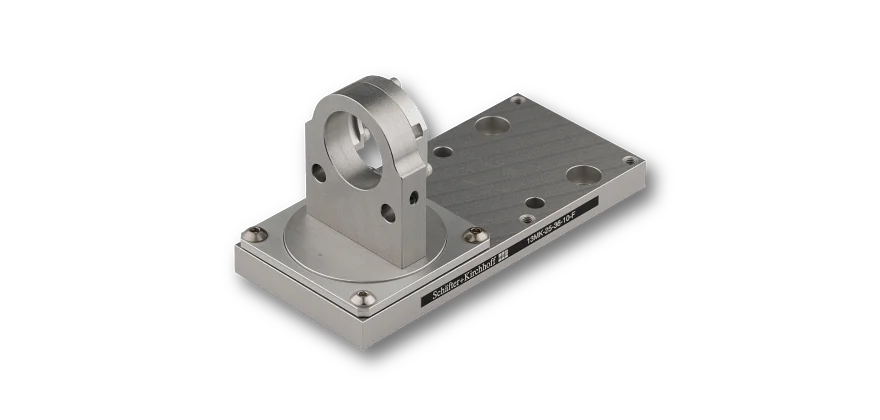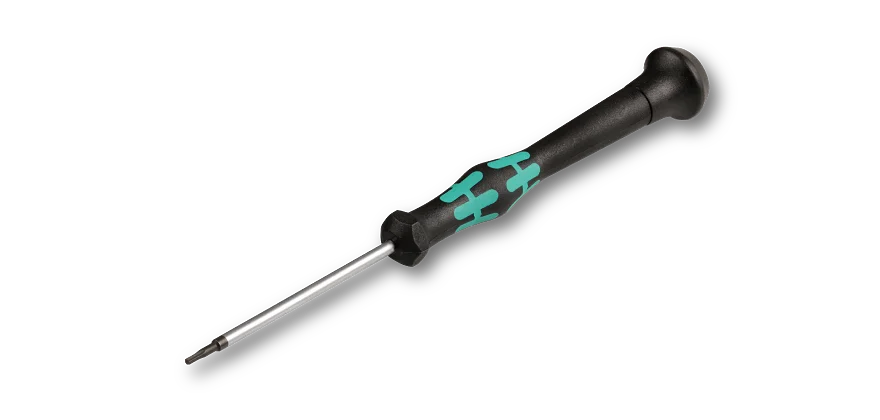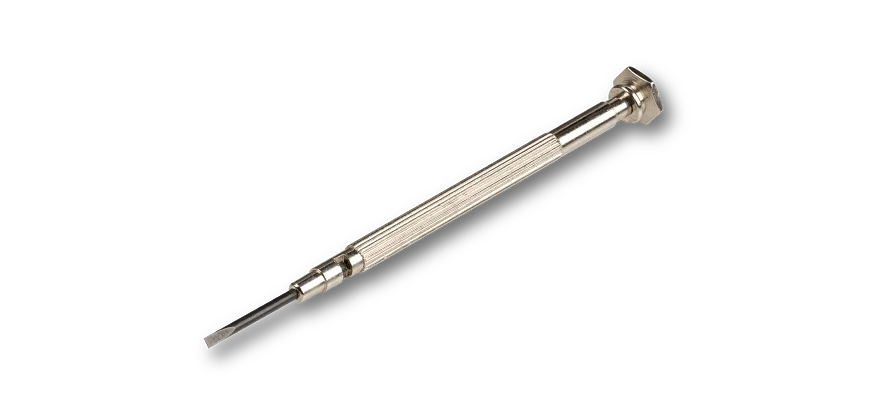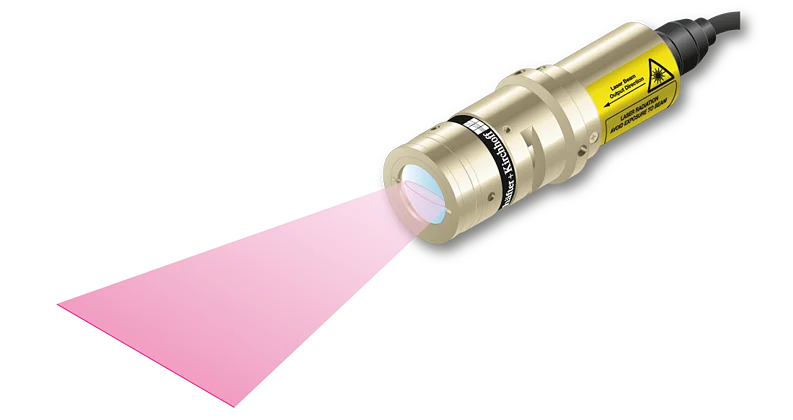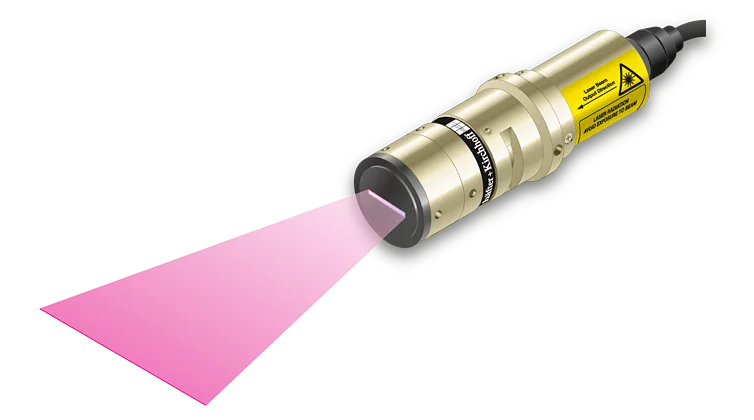Features
- Laser Micro Line Generator series 13LR
- Line widths starting at 40 µm
- Wavelengths 405 - 940 nm
- Laser powers up to 107 mW
- Laser Macro Line Generator series 13LRM
- Depth of focus 4 times larger than for corresponding Micro Laser Line Generator
- Line widths starting at 80 µm
- Wavelengths 405 - 940 nm
- Laser powers up to 76 mW
